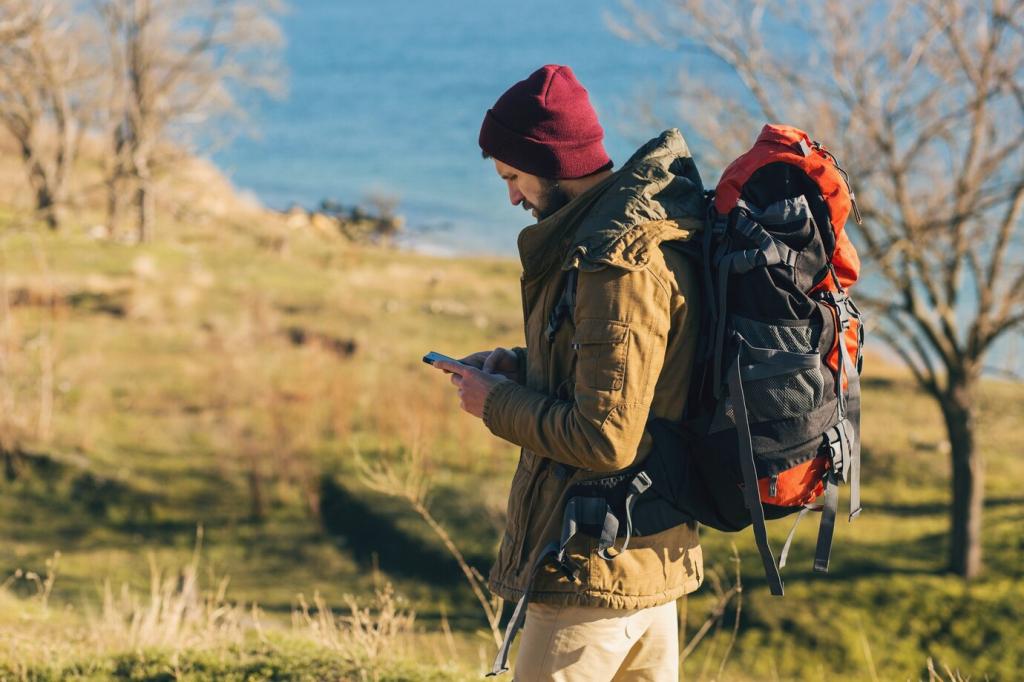Guided Tours of Iconic Religious Sites
Why Guided Tours of Iconic Religious Sites Matter
A skilled guide transforms a carved doorway or chant into a story about people, memory, and place. Instead of observing from a distance, you learn to listen, interpret, and connect across cultures with care and curiosity.
Why Guided Tours of Iconic Religious Sites Matter
Guided tours teach etiquette—where to stand, when to photograph, what gestures honor the space. This shifts visits from consumer sightseeing into mindful encounters that respect worshippers, traditions, and living communities.


Planning Your First Guided Sacred Site Tour
Select a site whose rhythms match your interests—pilgrimage routes, monastic retreats, festival days, or quiet weekdays. Consider weather, crowds, and liturgical calendars to balance vibrant ceremonies with opportunities for peaceful reflection.
Guides provide crucial reminders: covered shoulders, respectful footwear, and modest behavior. These details, often posted but easily missed, help you enter with humility, minimizing disruption and showing gratitude for the community’s hospitality.
Look for certified or community-endorsed guides who coordinate with site caretakers. They secure proper permissions, understand photography rules, and anticipate restricted areas, ensuring your learning is comprehensive and your presence remains welcome.
Stories from the Road: Moments That Stay
Our guide whispered river hymns’ meanings as morning boats drifted by. Instead of spectacle, we sensed families honoring generations, discovering how grief, gratitude, and continuity converge in mist, song, and ritual along the sacred water.
Seeing and Remembering: Photography, Audio, and Reflection
Ask before shooting, avoid flash, and never photograph worshippers without explicit consent. Guides help identify meaningful details—inscriptions, reliquaries, motifs—so images honor the site’s story while preserving privacy and tranquility.


Seeing and Remembering: Photography, Audio, and Reflection
Write immediately after each stop. Record scents of incense, floor textures, chants, and conversations with the guide. These sensory notes transform a busy itinerary into a reflective pilgrimage that you can revisit with gratitude.
Families, Accessibility, and Inclusive Touring
Engaging Children with Story and Symbol
Good guides translate theology into stories about heroes, journeys, and values. Give children a symbol scavenger hunt—doves, lotuses, lamps—so curiosity flourishes while maintaining quiet respect for those at prayer nearby.
Mobility-Friendly Paths and Seating
Ask guides about ramps, resting spots, and accessible entrances before arrival. A planned route lowers stress and preserves energy, allowing everyone to participate meaningfully without sacrificing the site’s contemplative pace.
Sensory Considerations and Quiet Corners
For travelers sensitive to crowds or sound, guides can identify calm chapels, courtyards, or gardens. These pauses are not detours; they deepen the visit, offering gentle space to process emotions stirred by sacred art and ritual.
Stewardship, Sustainability, and Community Impact
Hire local guides trained by site organizations. Your fees circulate into preservation, education, and fair wages, ensuring the stories you hear continue to be told by those who live them daily.


Stewardship, Sustainability, and Community Impact
Guides help schedule visits away from peak services unless explicitly invited. Thoughtful timing respects worship patterns, lowers noise, and reduces congestion that can erode both spiritual atmosphere and historic materials.
Share Your Most Meaningful Moment
Tell us about a guided visit that changed your perspective—what the guide explained, how you felt, and what you carried home. Your story may guide another traveler toward deeper reverence and understanding.
Subscribe for Itineraries and Etiquette Tips
Get monthly routes, respectful photography checklists, and interviews with expert guides. Subscribing ensures you never miss new insights that make each sacred site visit more humane, informed, and heartfelt.
Ask a Guide: Open Q&A
Post questions about dress codes, music traditions, or hidden chapels. We’ll invite guides and caretakers to respond, creating a living library for thoughtful travelers preparing for their next sacred journey.
